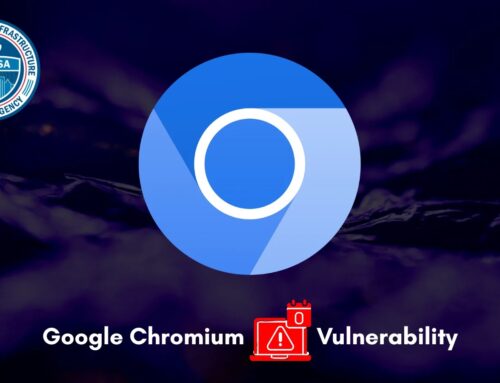
Progress Patches MOVEit Transfer Uncontrolled Resource Consumption Vulnerability
In the intricate landscape of enterprise technology, ensuring the integrity and availability of critical systems is paramount. Organizations relying on robust file transfer solutions understand this well. Therefore, when a significant vulnerability surfaces in a widely adopted platform like MOVEit Transfer, it demands immediate attention from IT professionals and cybersecurity practitioners. Progress Software has recently addressed a high-severity vulnerability within its MOVEit Transfer product, underscoring the continuous need for vigilance and timely patching.
Understanding the MOVEit Transfer Vulnerability
Progress Software has released essential security patches to rectify a high-severity uncontrolled resource consumption vulnerability affecting MOVEit Transfer. This flaw, officially tracked as CVE-2025-10932, carries a CVSS score of 8.2, classifying it as a significant risk. The vulnerability specifically impacts the AS2 module across multiple versions of MOVEit Transfer.
The core of this issue lies in the AS2 module’s susceptibility to uncontrolled resource consumption. Attackers could potentially exploit this flaw to trigger a denial-of-service (DoS) condition. A successful DoS attack can render the MOVEit Transfer service unavailable, disrupting critical business operations that rely on secure file exchange. Such disruptions can lead to significant financial losses, reputational damage, and operational inefficiencies for affected enterprises.
Impact and Scope
The AS2 (Applicability Statement 2) protocol is a standard used for securely exchanging business-to-business (B2B) documents over the internet. Its integration into MOVEit Transfer makes this vulnerability particularly concerning for organizations that extensively use AS2 for their supply chain communications, financial transactions, or other mission-critical data transfers. The widespread adoption of MOVEit Transfer across various industries means that a broad spectrum of organizations could be at risk if not promptly patched.
An uncontrolled resource consumption vulnerability, in essence, allows a malicious actor to flood a system or application with requests that consume an excessive amount of its operational resources, such as CPU cycles, memory, or network bandwidth. This leads to starvation of legitimate requests and ultimately, a system crash or unresponsiveness.
Remediation Actions
For all MOVEit Transfer users, immediate action is crucial to mitigate the risks associated with CVE-2025-10932. Progress Software has provided specific patches to address this vulnerability. Organizations must:
- Identify Affected Versions: Determine if your MOVEit Transfer deployment utilizes the AS2 module and falls within the impacted product versions. Consult Progress Software’s official advisories for a complete list of affected releases.
- Apply Patches Immediately: Download and apply the security patches released by Progress Software. Follow the vendor’s instructions meticulously to ensure a successful and complete remediation.
- Review AS2 Configuration: Even after patching, it is advisable to review your AS2 configurations and ensure that only necessary and trusted partners are able to initiate AS2 transfers.
- Monitor System Logs: Enhance monitoring of MOVEit Transfer system logs for any unusual activity or spikes in resource consumption that could indicate attempted exploitation or other anomalous behavior.
- Implement Defense-in-Depth Strategies: While patching is the primary defense, layered security measures, including intrusion detection/prevention systems (IDS/IPS) and robust network segmentation, can provide additional protection against various attack vectors.
Tools for Detection and Mitigation
While direct patching is the primary solution, certain tools and practices can aid in detecting potential exploitation attempts or bolstering overall security posture around file transfer solutions.
| Tool Name | Purpose | Link |
|---|---|---|
| Network Intrusion Detection Systems (NIDS) | Monitor network traffic for signatures of DoS attacks or anomalous traffic patterns targeting AS2 ports. | Snort, Suricata |
| SIEM Solutions | Centralize and analyze logs from MOVEit Transfer and other network devices to detect suspicious activity and correlate events. | Splunk, Elastic Stack |
| Vulnerability Scanners | Periodically scan MOVEit Transfer instances for known vulnerabilities and misconfigurations (though direct patch is needed for CVE-2025-10932). | Nessus, InsightVM |
| Performance Monitoring Tools | Monitor the resource utilization (CPU, memory, network I/O) of the MOVEit Transfer server to identify unusual spikes. | SolarWinds SAM, Zabbix |





